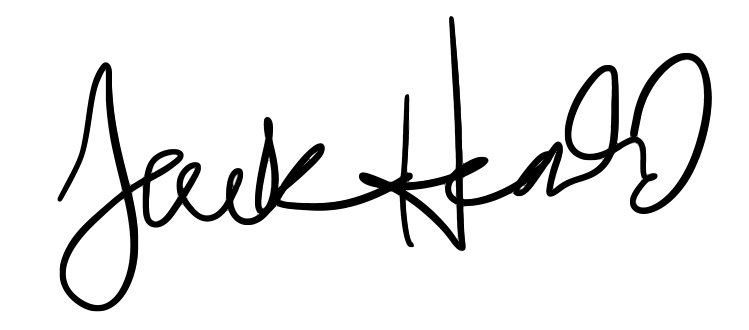Are you a compulsive multi-tasker?
Do you watch TV with your smart phone in one hand and a laptop nearby? Do you have a dozen different tabs open in your browser and flip between them all? Do you read something while riding an exercise bike? Watch TV while walking on the treadmill? Listen to music on your headphones while lifting weights?
Zen Habits has a lovely, focused post about how to tame your silly brain’s “fast mode”. Pro-Tip: TV appeals to the “Fast Brain”, exercise to the “slow brain”.
Actually, I think Zen Habits may be a site I spend some time on in the coming days. I’ve found a lot there that is helpful.
Another article that stuck out to me was The Four Hidden Habit Skills. Because I found it so personally useful, I am going to summarize the 4 habits here for my own edification. (I encourage you though, gentle reader, to read the original yourself.)
The gist of the article was the that there are meta-habits that aid in developing new habits.
- Commitment to Actually Starting
We talk about developing a new habit, but we don’t emotionally and mentally go all in. Develop the habit of committing to starting. - Focus on Starting
Once we’ve committed – really committed – to starting this new habit, whatever it is, then start. I am reminded of the saying that “anything worth doing well is worth doing poorly.” In this context, that means if a new habit is worth acquiring, then it is better to start and be less disciplined in the habit than to not start. It’s better to – say – exercise poorly than to not exercise at all. - Notice your own rationalizations
We come with a myriad of reason to not take action. One habit that helps to fight those rationalizations is the habit of noticing that they are in fact nothing but rationalizations. This is very gentle treatment of our lazy selves, (my thoughts, not the authors), but I can see how this just brick-by-brick tears down the walls of resistance to forming new habits. Whenever I am rationalizing, I need to simply notice that I am in fact rationalizing and then develop a strategy for dealing with it. - Constant Re-adjustment
When our actual practice of the new habit fails to align with our previous imagination of the what the new habit will be like the an adjustment is called for. Rather than feeling guilt or feeling like a failure, simply notice and adjust. This is in line with my previous statement that anything worth doing well is worth doing poorly, but I’d never thought of “constant readjustment” as a habit. In fact, I never thought of any of these four as habits that could help build other habits.
One more thought on Zen Habits: I really like their site design.

Recent Comments